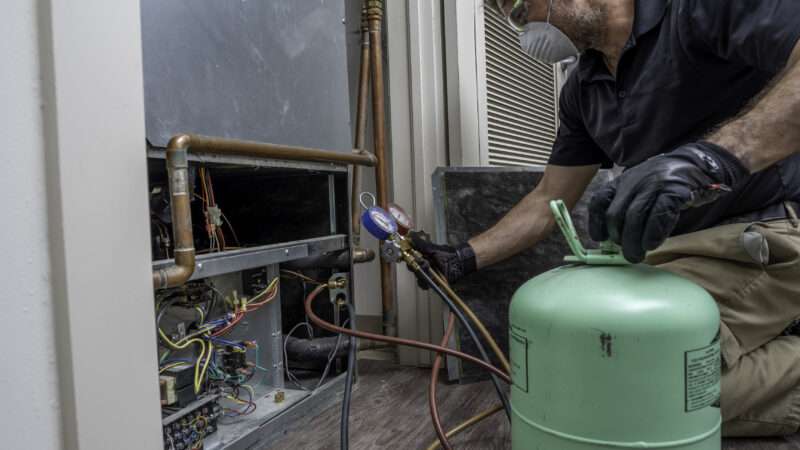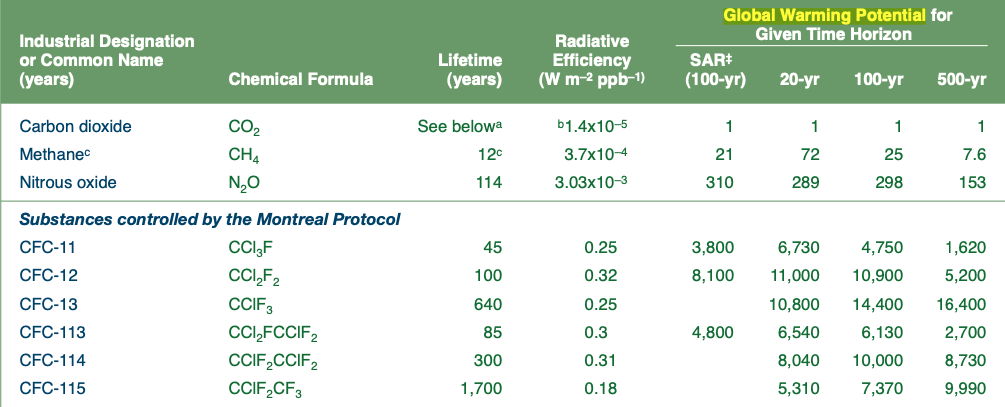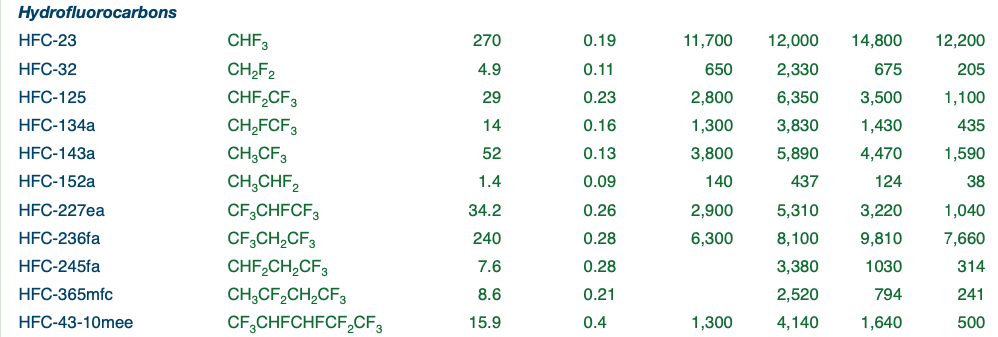
The Senate Foreign Relations Committee voted with no objections yesterday to send the Kigali Amendment to the Montreal Protocol to the full Senate for ratification. This addition to the Montreal Protocol would phase down the production and use of hydrofluorocarbon (HFCs) coolants that are contributing to man-made climate change. ClimateWire accurately described the Kigali Amendment as the "most important climate treaty in years."
First, a little bit of history: Back in 1988, the U.S. Senate gave its advice and consent to ratify the Montreal Protocol on an 83–0 vote.
That international treaty was an agreement to phase out the global production and use of chlorofluorocarbons (CFCs), widely used as coolants in refrigerators and air conditioning. Long-lasting CFCs were wafting into the stratosphere where their chlorine atoms eroded the ozone layer that blocks damaging ultraviolet sunlight from reaching the surface. Since no one owns the atmosphere, pollution problems that occur in this global open-access commons are handled through international negotiations and commitments.
"If CFCs were allowed to build up in the atmosphere during the next century, ozone depletion might eventually entail significant costs," I concluded in my book Eco-Scam: The False Prophets of Ecological Apocalypse (1993). "In light of these costs, it makes sense to phase out the use of CFCs."
When the Montreal Protocol was ratified, it was not generally appreciated that CFCs are also potent greenhouse gases. The global warming potentials (GWPs) of CFCs are thousands of times higher than carbon dioxide.

CFCs were largely replaced with hydrofluorocarbon (HFC) coolants that do not damage the ozone layer. The good news is that as a result of replacing banned CFCs with HFCs, the ozone layer has been slowly recovering. The bad news is that it turns out that HFCs also have high GWPs.

Overall, the presence of these coolants in the atmosphere accounts for about 11 percent of the rise in global average temperatures attributed to man-made increases in greenhouse gases.
Negotiations for the Kigali Amendment phasing down the usage of these gases by 85 percent over the next 15 years were completed in 2016 in Rwanda, and it has, so far, been ratified by nearly 130 other countries.
Bipartisan comity over what is essentially a treaty addressing climate change has been largely achieved because American manufacturers are the leading developers and suppliers of replacement coolants with significantly lower GWPs.
"The business community applauds the Senate Foreign Relations Committee for its bipartisan vote approving the Kigali Amendment for consideration by the full Senate," reads the joint industry press release. "This is an important step in ensuring the U.S. joins this global effort while accessing international markets that will grow American jobs. It is a win for the economy, the environment, and U.S. leadership."
Ingesting the proverbial grain of salt, a 2018 industry analysis found that implementing the Kigali Amendment would slightly reduce U.S. consumer cooling costs. Since it is estimated that unabated HFCs would add 0.4 degrees C to projected man-made warming by 2100, ratification would be a relatively cheap way to address the problem of climate change.
The post Senate Committee Approves Climate Treaty appeared first on Reason.com.







